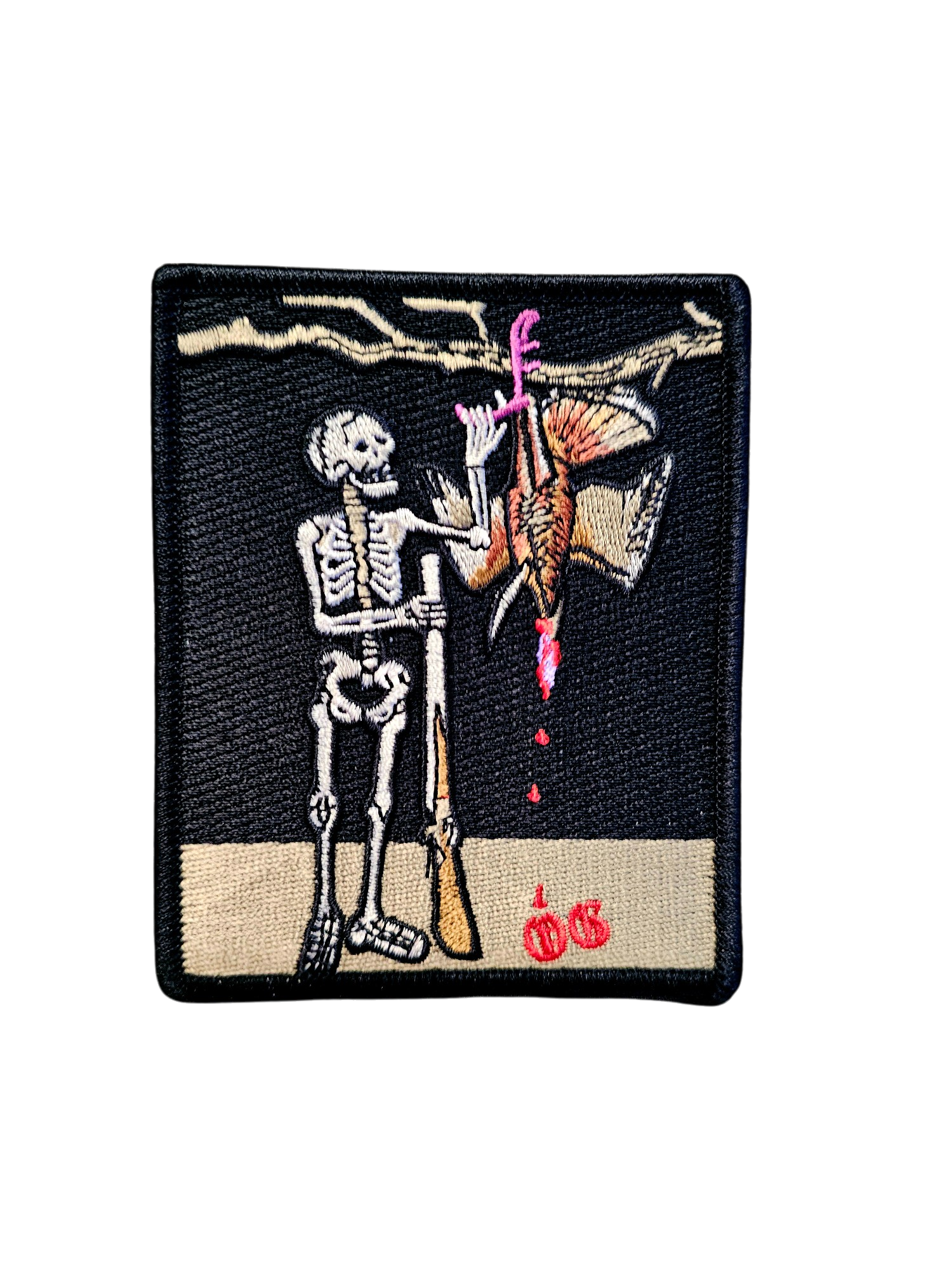        |
OCELLATED & GOULDS TURKEY HUNTS 2013Started by slamman, August 03, 2012, 07:54:05 PM Previous topic - Next topic
User actions
|
        |
OCELLATED & GOULDS TURKEY HUNTS 2013Started by slamman, August 03, 2012, 07:54:05 PM Previous topic - Next topic
User actions
|